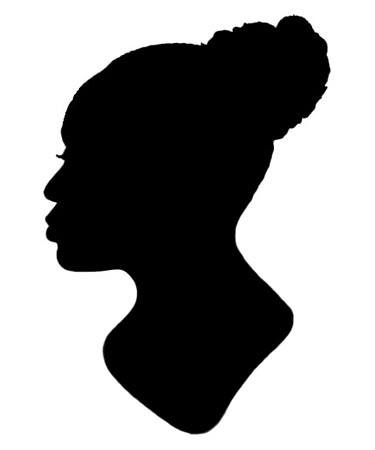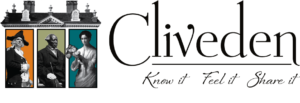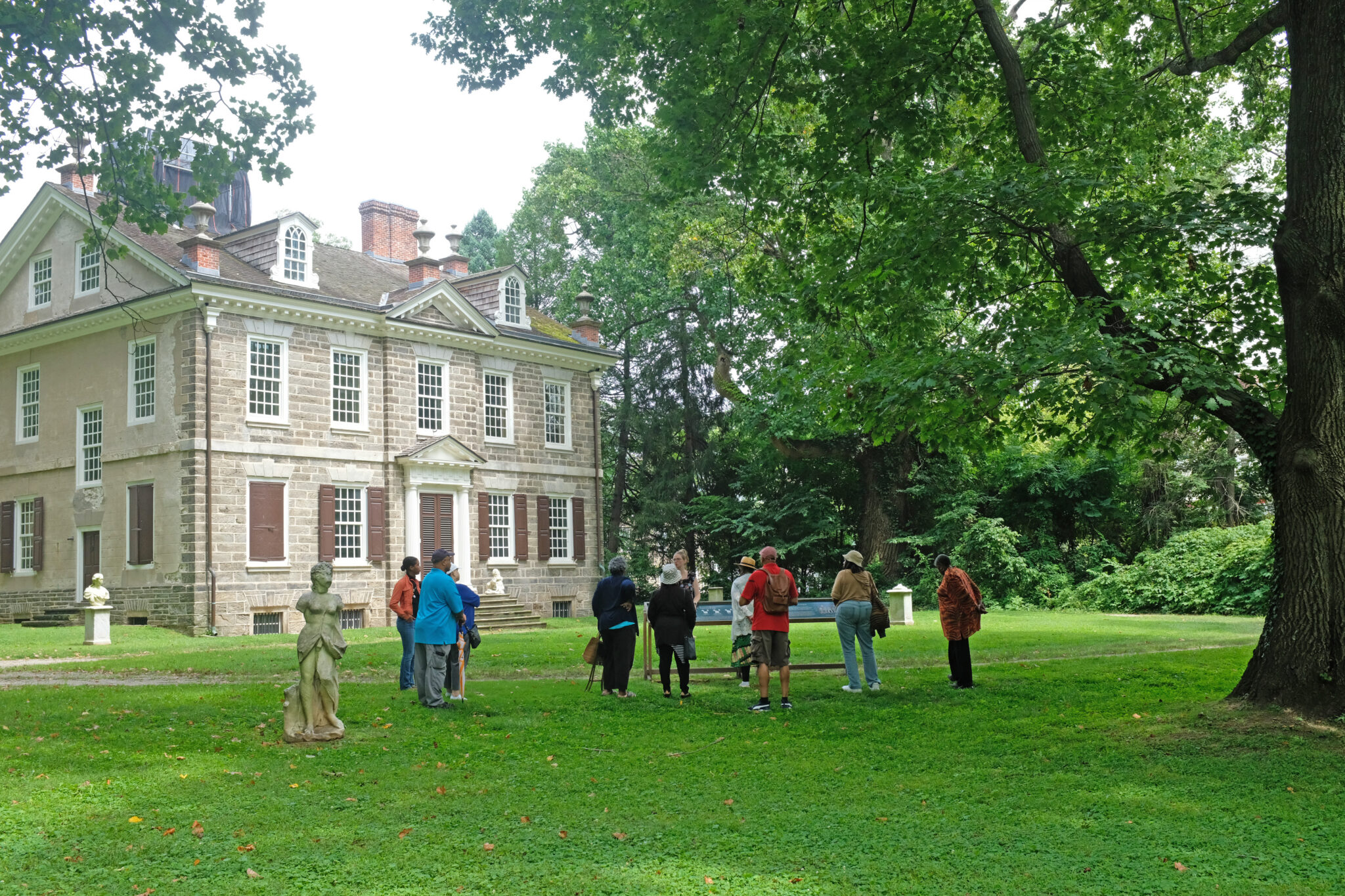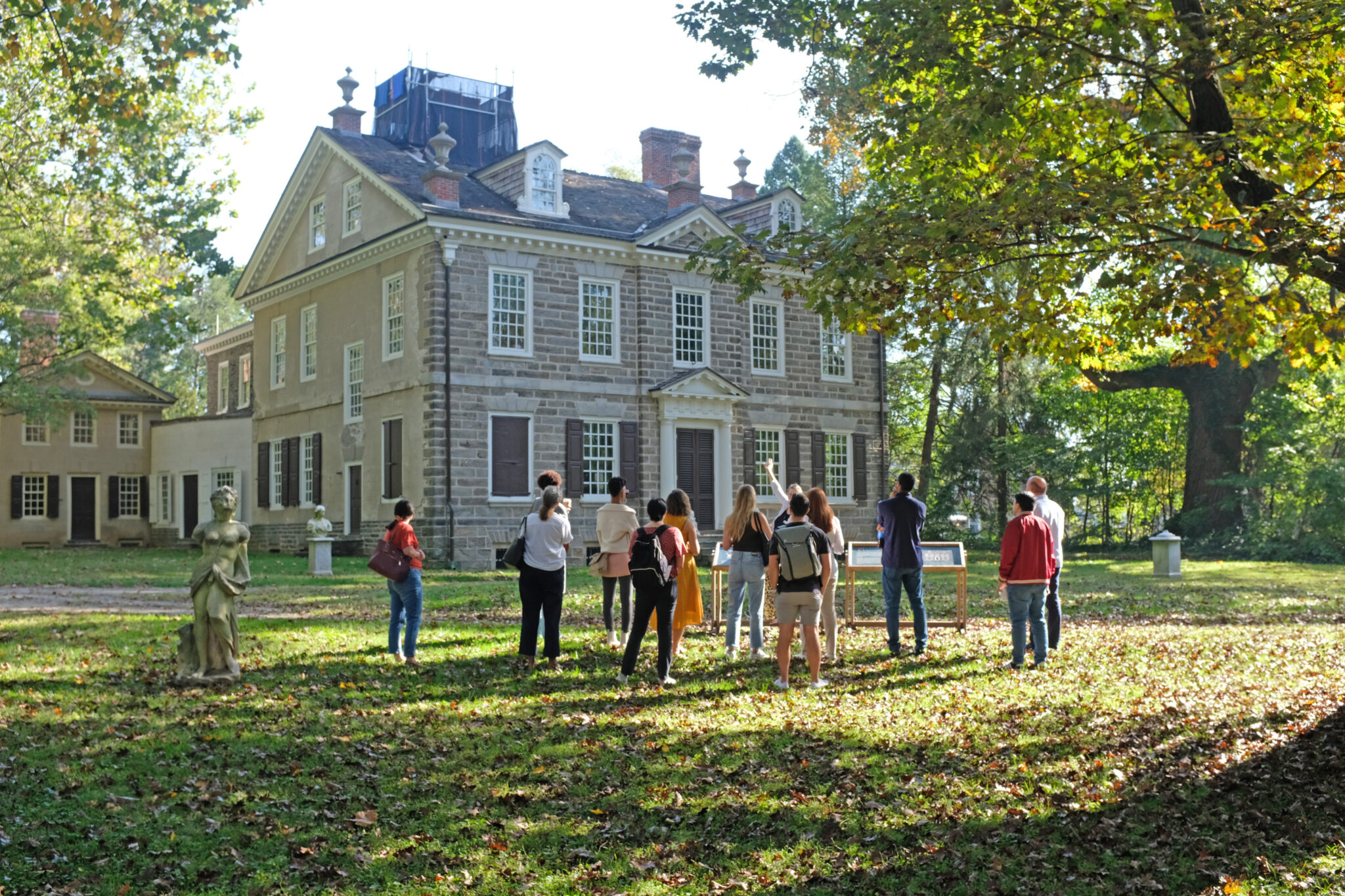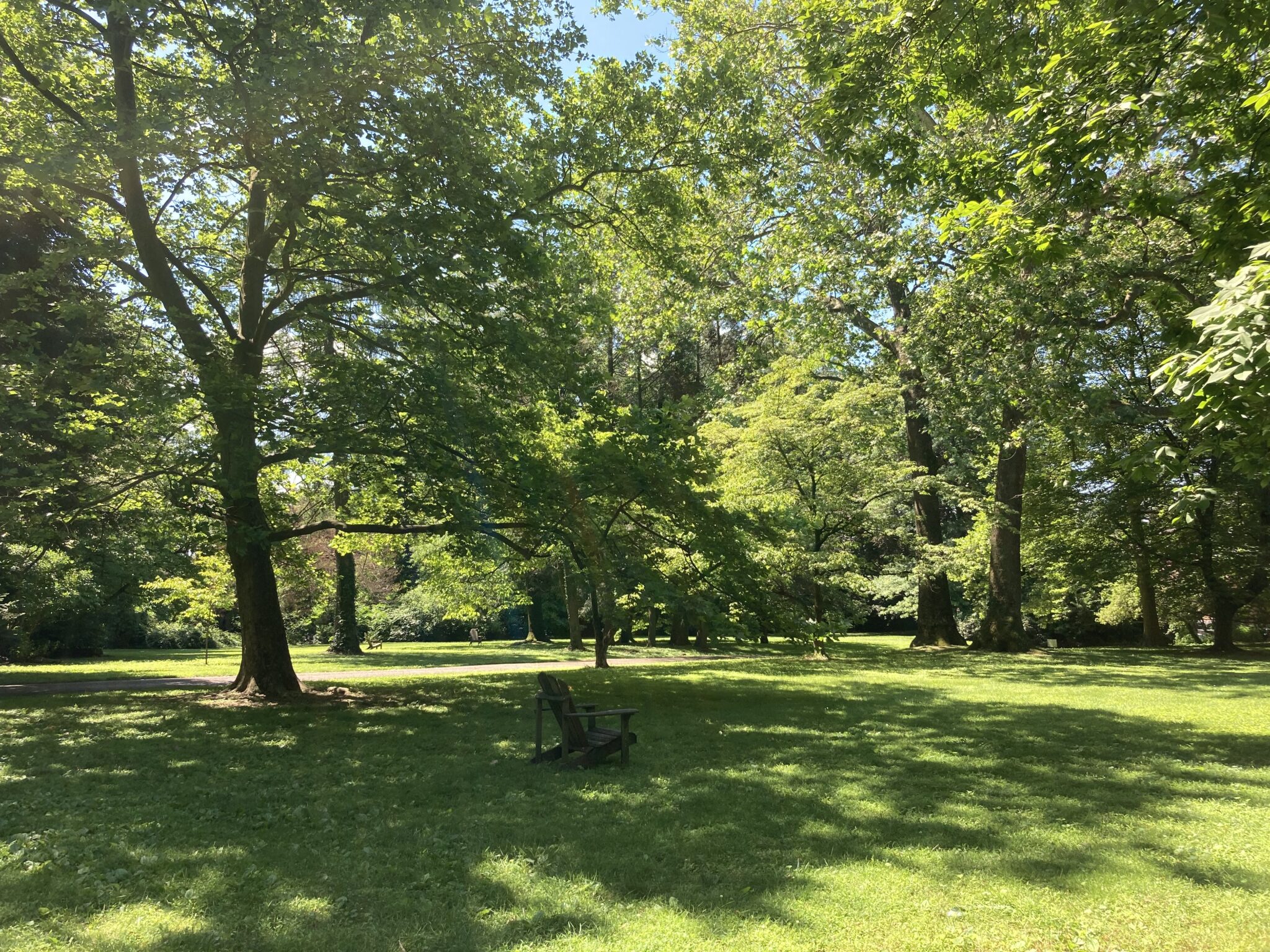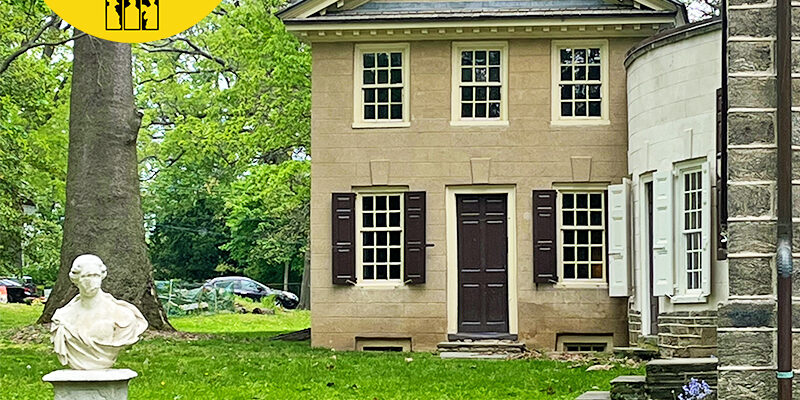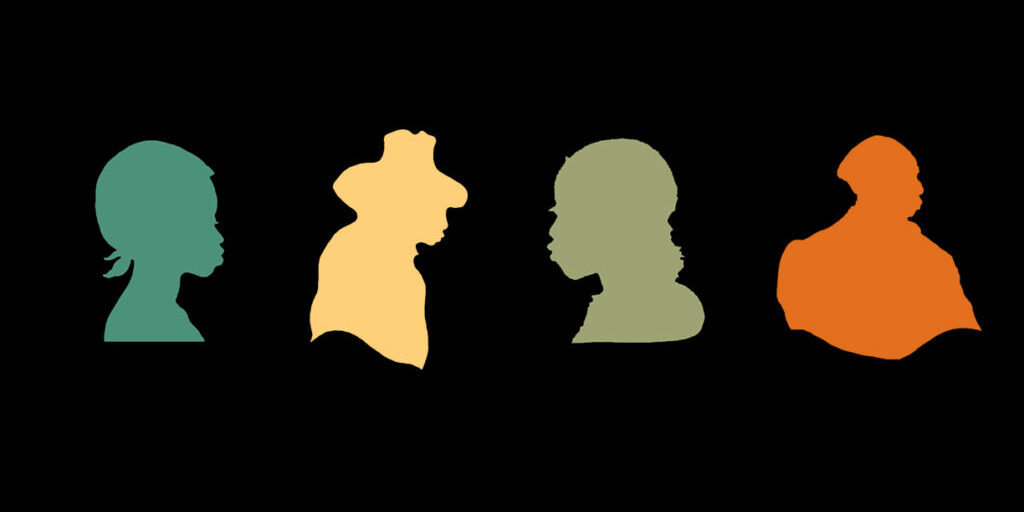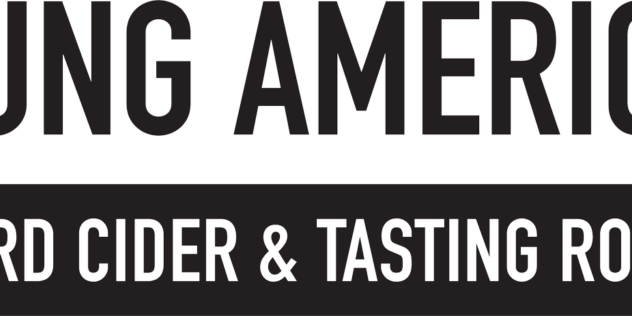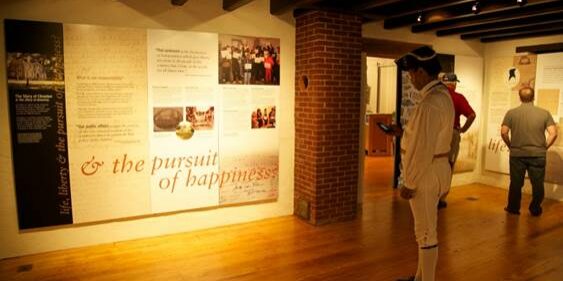Support Our Work
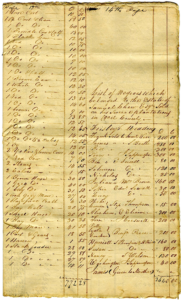
Confronting the Past
The institution of slavery is woven deep into the economic growth and political fabric of America. Benjamin Chew was born on a Maryland plantation into a family with a history of slave-holding dating back to the 17th century.
Preserving the Past
At Cliveden we have many fascinating item collections that help you understand the world of the Chew family. View our collections at the National Trust for Historic Preservation.
Shown: Tea cup and saucer from 1811.
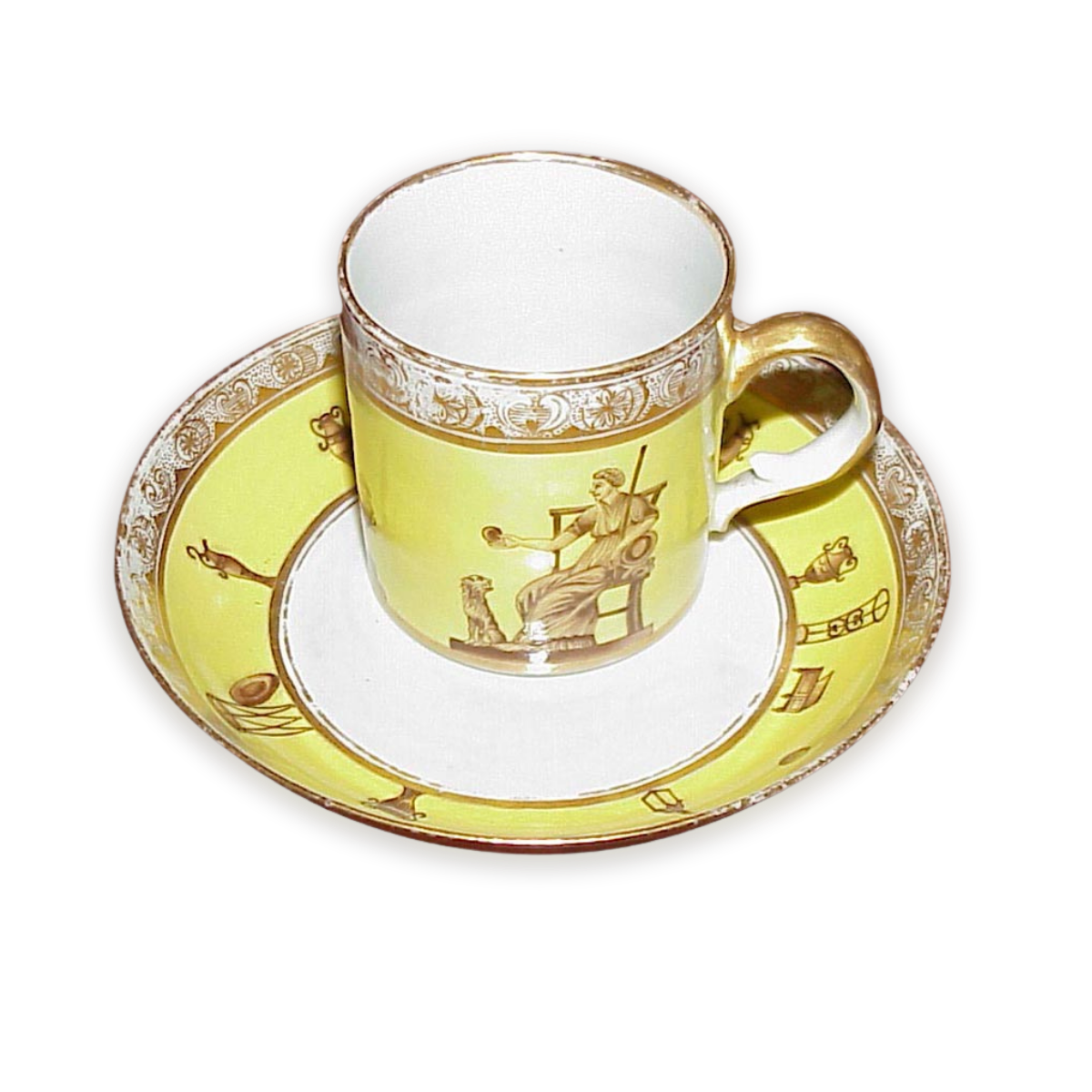
Stay up to Date with Us
Second Saturdays return in May: Spotlight Tours, free house tours & children’s activity
Second Saturdays return May 11th! Every Second Saturday, May to October, Cliveden offers Spotlight Tours, free house tours and a free children’s activity. The day runs from 10:30am to 4pm. At 10:30am on May 11th, join architectural historian Willie Graham for an in-depth exploration of Cliveden and how the building can help tell the stories…
Read more...Research: Spotlight from the African American Genealogy Group
Three blog posts on the AAGG’s research into the Chew Family Papers & putting a spotlight on discoveries! Adrienne Whaley and the members of the African American Genealogy Group of Philadelphia (AAGG) have worked with the Chew Family Papers for the last two years to lift up stories of the enslaved families and communities that…
Read more...Special Promotion: Free Traditional Cider at Young American!
Have a free cider after your tour! Local cidery and tasting room, Young American Hard Cider & Tasting Room, is offering a special promotion for Cliveden tours! After your tour, head over to Young American for a FREE, traditional cider! This promotion is only good on the day of your tour and visitors must show…
Read more...View our Latest Events
Second Saturdays return in May: Spotlight Tours, free house tours & children’s activity
Second Saturdays return May 11th! Every Second Saturday, May to October, Cliveden offers Spotlight Tours, free house tours and a free children’s activity. The day runs from 10:30am to 4pm. At 10:30am on May 11th, join architectural historian Willie Graham for an in-depth exploration of Cliveden and how the building can help tell the stories…
About this eventConsidering Re-enactments: The Battle of Germantown in the Light of 21st–Century Gun Violence
Cliveden is known as the site of the 1777 Revolutionary War Battle of Germantown and the annual Revolutionary Germantown Festival held on the grounds every first weekend in October, featuring two battle re-enactments. In response to the increase in gun violence across the country and in the local community, Cliveden looks to evaluate its interpretation…
About this eventTestimonials from our Visitors
